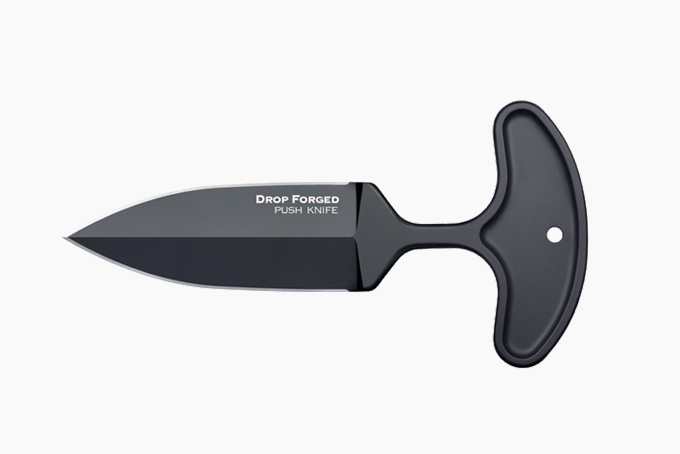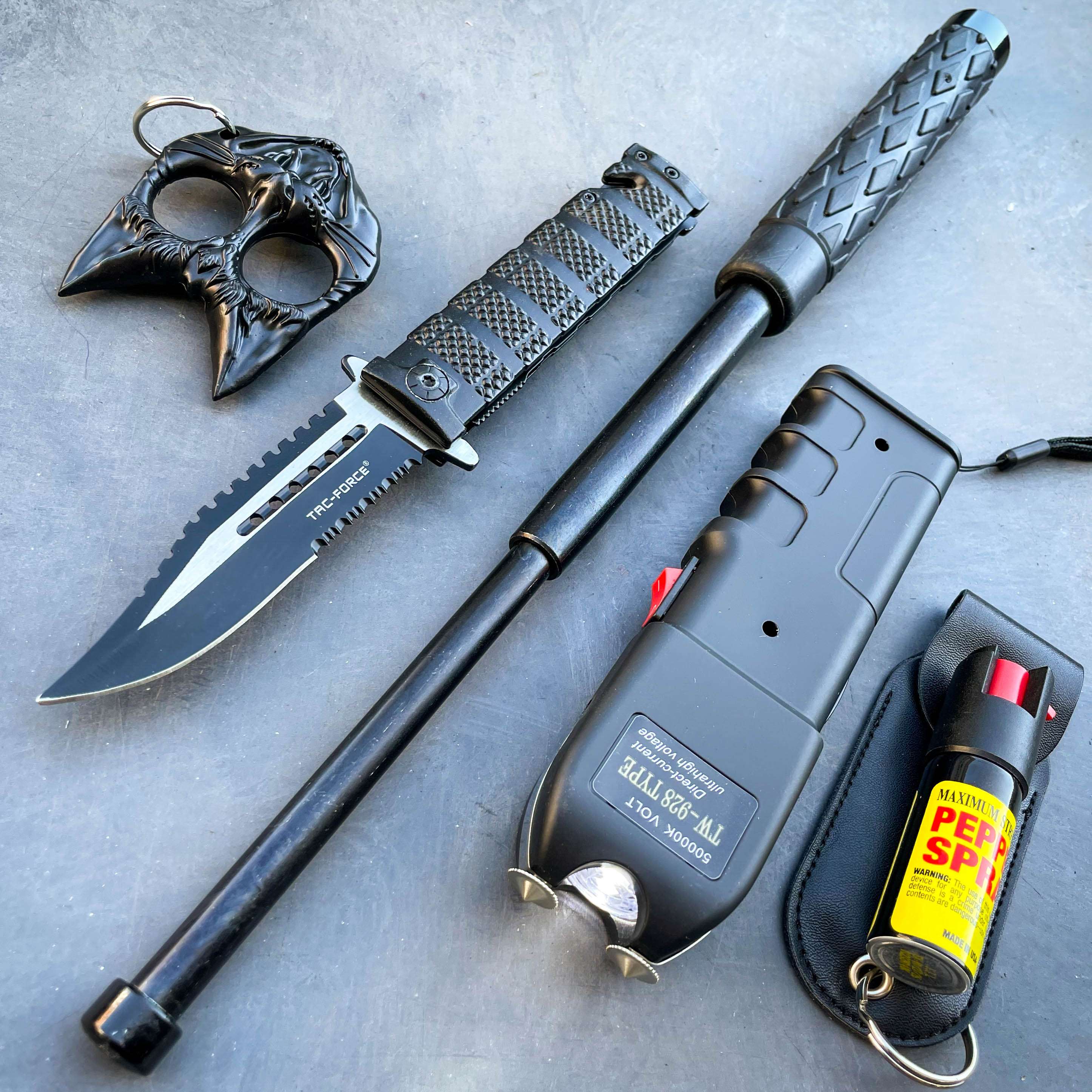
You can learn different ways to defend yourself while you are doing a self defense workout. These include CrossFit and Krav Maga, Deadlifts, Squats, and Krav Maga. This article will show you how to do these exercises in the most efficient way. These are the best options for anyone looking to build strength and confidence, or to prepare for an attack. Self defense exercises are the best way to stay safe.
Krav Maga is a self-defense workout
Krav Maga is an effective way to self-defense. This dynamic fighting system is intuitive and practical. The techniques of this system expand on natural instincts, giving you the ability to defend yourself in virtually any situation. Krav Maga will improve your physical and mental fitness. It will also help you develop instinctive reflexes that will allow your body to defend itself in real-world situations.
CrossFit is self-defense training.
CrossFit self-defense will combine the strength and speed of a traditional strength-training program with the motor skills needed for personal defense. CrossFit instructors are famous for teaching how to use these techniques in an attack situation, but you shouldn't do the same exercises in case of a criminal offense. However, many CrossFitters swear by the program and continue to improve their self-defense skills.

Squats
Squats are an excellent exercise to include into a self-defense routine. They increase stability in one leg, improve balance, and increase explosiveness of the lower body. They can also help you deal with various forms of physical threats, like muggings and robberies. This article will discuss the best ways to use squats in self defense. Keep reading for more tips.
Deadlifts
Deadlifts strengthen grip strength and train accessory muscles. Deadlifting correctly will improve your glute strength, back strength, upper and lower body strength, as well as the strength of your glutes and back. Most deadlifters overlook the 70-80% range and focus on the lower weight. This training regimen isn't effective because 90% of lifters neglect the high-level muscle recruiting and conditioning techniques that are between 40% and 60% of a Deadlift.
Boxing
Boxing is a great self-defense workout. Boxing can not only help you defend yourself in a one-on-1 situation but can also be used to help you defend yourself from multiple attackers. A boxer is more likely to knock down his opponent than an attack who can grapple. This means that boxing is the best choice if you ever find yourself in an altercation.

KoBu Power classes
KoBu Power classes are a great option for self-defense. This self defense workout features Samurai cardio-kickboxing moves. This workout burns more calories per hour than any other kickboxing fitness class. Unlike other kickboxing workouts, KoBu Power incorporates the principles of samurai combat to build an effective self defense system. This is the reason why KoBu Power is so popular with many people.
FAQ
How long can the survival kit supplies last?
It is best to have sufficient supplies on hand in case of an emergency. If disaster strikes, you don’t want to be without your essentials.
You should pack all the necessary items if you're going camping. You should have enough food, water and emergency supplies such as first aid kits, fire starters or matches, tools, and any other essential items.
Additionally, you should have a flashlight and map, compass, whistle, as well as other useful items. These items can help you stay safe, and will also help you locate your way back home if it happens.
These items should be stored in a waterproof container. When hiking, make sure that they are easily accessible and don't get lost in your backpack.
When packing your supplies, think about what you'll use most often and how much space each item takes up. Add extra items if you have the space. For example, if you plan on spending a lot of time cooking meals outdoors, you could add a stove and pots and pans to your list.
It is important to keep track of where you have placed your supplies. You will be limited in the things you can do once civilization has returned.
What emergency supplies should I have at home?
If you are going to be away for a longer period of time, it's important to plan ahead. You may want to pack a few basic items like water, food and first aid. This will help you feel prepared and more confident that you will be able to deal with any situation.
Start with a basic first-aid kit. Include antiseptic creams and painkillers, gauze pads. Bandages, scissors, tweezers. Thermometers. Disinfectant wipes. For emergencies, you may need to have a flashlight in order to be able to see what is inside the kit.
A good way to store these items is in a plastic container with a lid. This will keep them dry and clean.
Another option is to store a few weeks worth of food. You can even make your own freeze-dried foods. These recipes are simple to prepare and don't require any cooking pans or pots. You just need to add hot water and it's ready for you to eat.
Another option is to install a solar-powered battery back up system. This will enable you to charge both your laptop and mobile phones.
How many days worth of supplies should I have stored away?
Ideal is to have three months of supplies saved away. This means that you should have enough food, water, or other necessities to last three months.
However, it varies depending upon the severity of an emergency. In remote areas, there may not be any neighbors nearby who could help you. Or maybe there's no power grid available.
In such cases, it is a good idea to prepare for a more long-term situation.
Which canned food is best for survival?
However, the best canned food for survival may not be the most nutritious. It all depends on what you're looking for. If you're looking for energy, you can go for beans. But, if protein is what you desire, you should choose meat.
You should look for high-quality nutrition if you are searching for nutrients.
How do I doomsday prep on a budget?
It's not easy to prepare for an apocalypse. But if you have to, then here are three ways to make sure you're ready.
-
Make sure you always have enough water. If disaster strikes, don't be caught without enough food or water.
-
Buy a solar-powered radio. This radio will keep you updated about what's happening worldwide in the event of a power outage.
-
Learn how you can grow your own food. This will allow you to know exactly what foods you should eat. Plus, you won't have to worry about running out of supplies.
Statistics
- Receiving 11.2 percent of votes in our reader survey was a propane torch. Background: This summer, we surveyed our readers about what they’d shove into a backpack if they were caught unprepared for the collapse of society. (inverse.com)
- A survey commissioned by National Geographic found that forty percent of Americans believed that stocking up on supplies or building a bomb shelter was a wiser investment than a 401(k). (newyorker.com)
- Approximately a hundred and seventeen million people earn, on average, the same income they did in 1980, while the typical income for the top one percent has nearly tripled. (newyorker.com)
External Links
How To
How to survive in nature with nothing
There are many people in our world today who don't have the resources to survive in the wild. To survive in the wild, you must first learn how to make fire, hunt animals, find water, build shelters, etc. You must be able to identify what food you eat, how you get there, where your shelter is and what tools are used in order for you to survive in the wild. It is important to think like a hunter to survive in wild environments.
Survival tips
-
Before you venture out into the wild, make sure that you have a plan. It is better to have a plan than to run into problems while trying to survive in wilderness.
-
Have a map of your area. A map of your area will make it easy to locate your way home when you get lost.
-
Stay hydrated. It is important to drink enough water when you are out in the wild. It is important to drink at most two liters each day.
-
You should know which plants can be eaten. Learn how to recognize the different kinds of plants.
-
You should choose a safe place to sleep. Do not stay close to dangerous animals or locations.
-
A shelter is essential. A shelter can help you stay warm during the colder months.
-
Use a compass. A compass can be very useful in wild situations.
-
A knife is a must-have. When hunting, knives are extremely useful.
-
You should know how to start a flame. Fire is very important when you are in the wilderness.
-
Be aware of predators. If you aren’t careful, predators could attempt to harm or kill you.
-
You should know how to use weapons. When you are in a forest, weapons are extremely useful.
-
Avoid poisonous serpents. Snake bites can be very fatal.
-
Avoid being bitten by bugs. Insects can carry diseases that can kill you.
-
Protect yourself against lightning. Lightning strikes can cause severe damage.
-
Don't touch dead bodies. Don't touch dead bodies.
-
Look after your health. When you are in a survival situation, you must take care of your health.
-
Be aware of fire hazards. Fires can burn down forests and cause serious damage.
-
Do not waste time. Your most valuable possession is time.
-
Don't panic. Panic makes things worse.
-
Don't lose hope. We can only live with hope.
-
Do not become complacent. Complacency can lead to death.